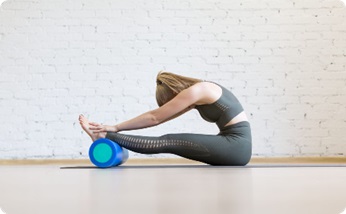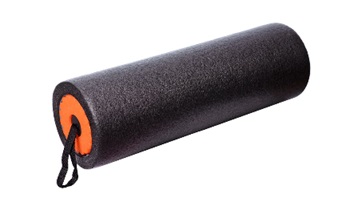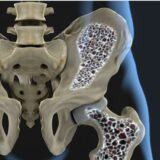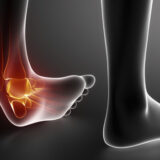Physiotherapy
PHYSIOTHERAPY
If you’re dealing with pain or a mobility issue, physiotherapy can be a game changer. By using a combination of exercise, manual therapy, and education, physiotherapy can help you recover from injury, improve your motor function, and get you back to the activities you love.

The Many Conditions Treated with Physiotherapy
Back Pain
Physiotherapy can help recover from back pain by improving flexibility, reducing inflammation, and strengthening muscles.
Sports Injuries
Physiotherapists can help athletes recover from injuries faster and improve performance.
Arthritis
With physiotherapy, patients with arthritis can get relief from pain and stiffness by improving their joint function.
Neurological Conditions
Physiotherapy can help patients with neurological conditions like Parkinson’s disease, stroke, or multiple sclerosis, improve their motor function and prevent further decline.
Techniques and Tools Used in Physiotherapy
Exercise
Prescribed exercises to improve range of motion, strength, and flexibility.
Manual Therapy
Techniques like massage, joint mobilizations to relax muscles and increase circulation.
Electrotherapy
Using different types of electrical currents to promote tissue healing and relaxation.
Benefits of Physiotherapy
- Improved posture and balance
- Injury prevention and reduction
- Better sleep
- Greater mobility and range of motion
- Improved quality of life
What to Expect during a Physiotherapy Session
1. Assessment
The therapist will assess your medical history, nature of the injury or condition based on physical examination.
2. Hands-on Therapy
Hands-on movements and massage to help alleviate tension and improve range of motion.
3. Guided Exercise
You’ll be shown specific exercises to do at home, to help improve your physical state between appointments
Aftercare Advice and Exercises

Stretches
Stretches to help improve flexibility

Foam Roller
Use of a foam roller to help improve muscle mobility and break up tightness.

Cold Therapy
Applying ice or a cold pack to reduce inflammation and pain after injury or physiotherapy session.
Finding the Right Physiotherapist for You
- Experience
Choose a physiotherapist who has experience treating patients with similar conditions to yours.
- Credentials
Check for licenses and certifications, they should display their certification and licensure on their website or office.
- Personality
A physiotherapist or a clinic, that you feel comfortable with is key, to ensure you stick to the course of action.




